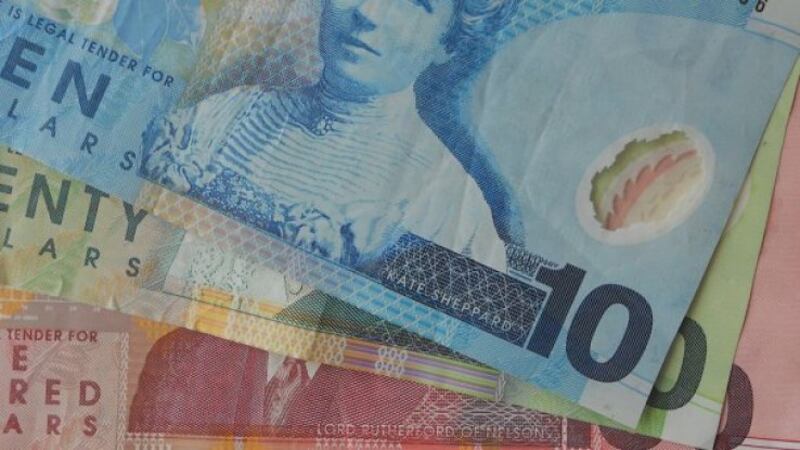A fund which would see Māori organisations working together to invest in New Zealand businesses is a step closer today with the announcement of a partnership project between He kai kei aku ringa – the Crown-Māori Economic Partnership, Ngāti Awa Group Holdings Limited (NAGHL) and the New Zealand Superannuation Fund.
The project will carry out a scoping study and engagement with approximately 30 Māori organisations that have expressed an interest in contributing capital, resources and assets to a Māori co-investment fund.
The concept of Māori pooling capital for collective investment has been discussed in Māori and investment circles for several years.
Earlier this year the concept was formally raised by the NAGHL and the NZ Super Fund through a series of well-attended hui in Auckland and Rotorua.
In announcing the project, Liz Te Amo, Te Tumu Whakarae at the Ministry of Business, Innovation and Employment (MBIE) says, “Mobilising Māori investment is important from two angles. First, some Māori organisations now have significant assets and cash to invest. At the same time, we have a lot of underutilised assets in the Māori economy, particularly land, that need investment to grow.
"Mobilising this investment is a core plank of He kai kei aku ringa, so we’re pleased to support Māori enterprises who will collaborate for growth, and it’s great to see NZ Super Fund and Ngāti Awa taking this initiative for our people.”
NAGHL CEO Geoff Hamilton says a Māori co-investment fund would enable Māori investors to access and participate in much larger scale opportunities than could be achieved individually.
“We see the fund as an opportunity for mahi tahi, creating a smart effective alliance that gives Māori better options for enhancing investment returns, diversifying our portfolios, and creating significant benefits for our communities and stakeholders,” says Hamilton.
The total value of investments and assets currently managed by Māori collectives exceeds $15 billion.
“As long-term guardians of collective wealth it is important that Māori organisations optimise their investment portfolios in a way that meets both commercial and kaupapa indicators,” says Hamilton.
The NZ Super Fund has committed to the project, providing input from its investment professionals and access to research data.
Chief Investment Officer Matt Whineray said the NZ Super Fund saw the initiative as a way to stimulate new investment opportunities and foster co-investments in New Zealand. “As long-term, inter-generational investors, we consider Māori organisations are highly compatible with the NZ Super Fund’s investment approach. We believe this kind of partnership is integral to the NZ Super Fund’s direct investment model,” says Whineray.
The Māori Co-Investment Fund concept was included in discussions at the He kai kei aku ringa – E RERE Māori economy conference in Rotorua on 16 June 2017. MBIE is funding the scoping study as part of its commitment to He kai kei aku ringa.
This first stage of the project will consider potential models for the fund and prepare background materials for engagement with Iwi and other Māori organisations over the next three months.

